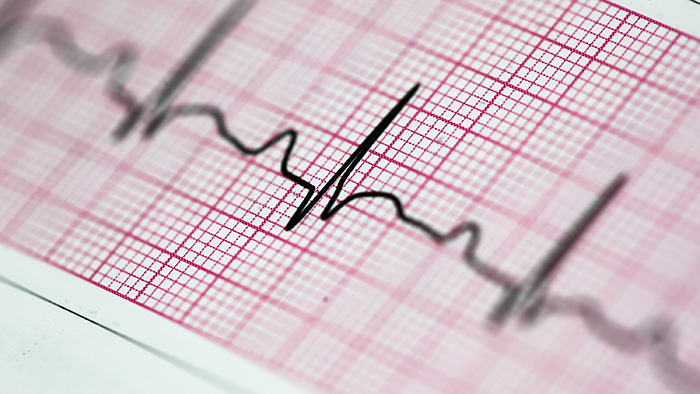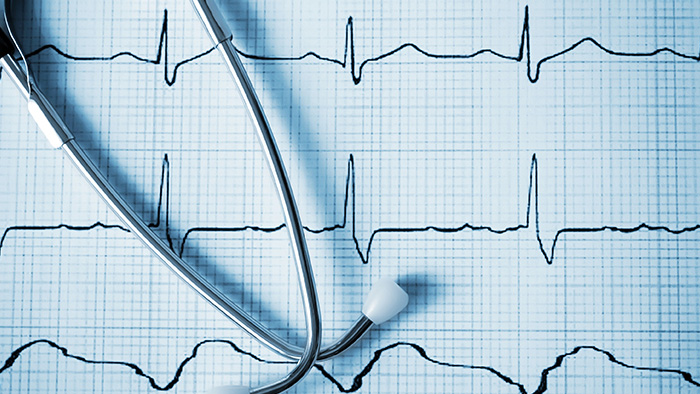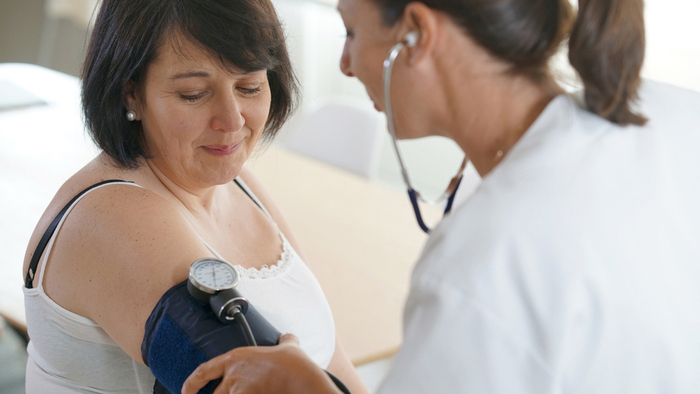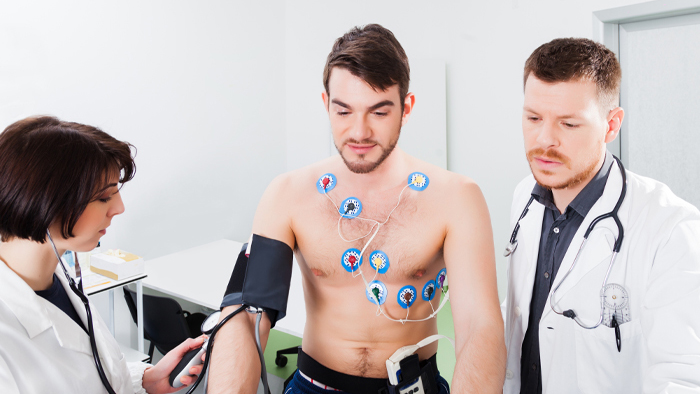Prairie Heart at St. Mary's combines advanced technology and innovative treatment with a caring tradition, providing quality health care close to home. With access to more than 117 heart specialists, the doctors at Prairie Heart Institute provide the highest quality of heart care from diagnostic services to treatment to rehabilitation.
Heart and Vascular Care
Prairie Heart Institute at HSHS St. Mary's Hospital delivers state-of-the-art services with the most compassionate care — from prevention and diagnosis to treatment and recovery.
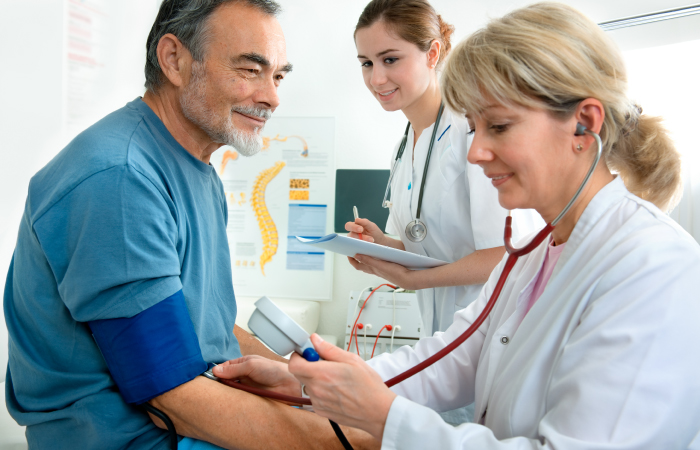
Screenings and tests
Identifying a person's risk of heart disease with early detection
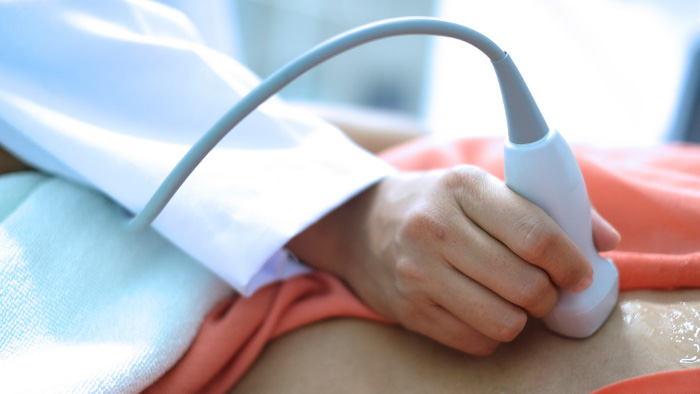
Echocardiogram (ECHO)
Ultrasound is one of the most widely used diagnostic procedures available. It provides a safe, non-invasive and virtually painless means of observing soft tissue anatomy on an outpatient basis.
An echocardiogram is a safe, non-invasive ultrasound imaging procedure used to assess cardiac function. Echocardiography allows doctors to visualize the anatomy, structure, and function of the heart. The echocardiogram can show:
An echocardiogram is a safe, non-invasive ultrasound imaging procedure used to assess cardiac function. Echocardiography allows doctors to visualize the anatomy, structure, and function of the heart. The echocardiogram can show:
- all four chambers of the heart
- the heart valves
- the blood vessels entering leaving the heart
- the sack around the heart.

